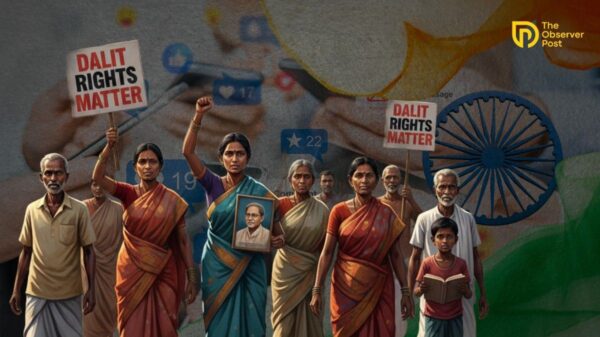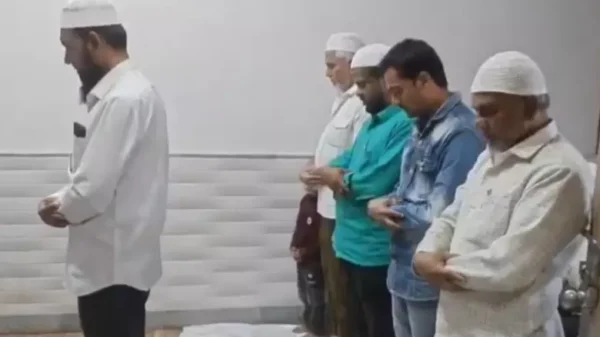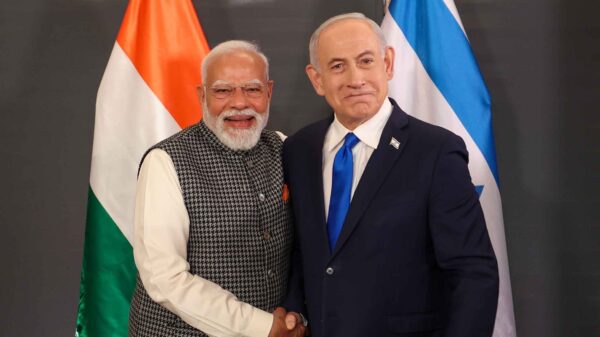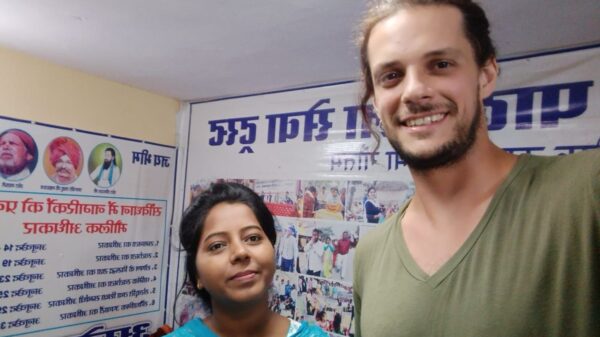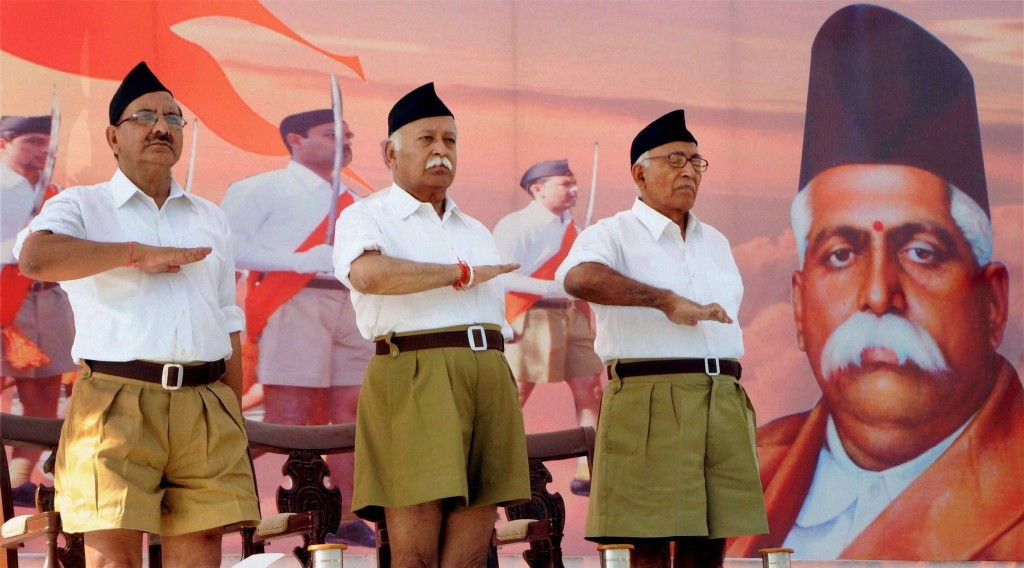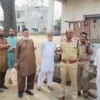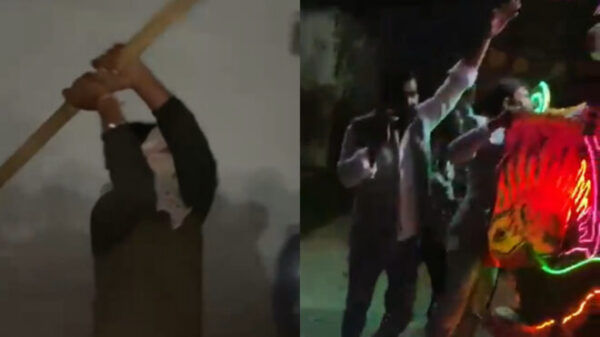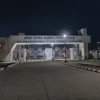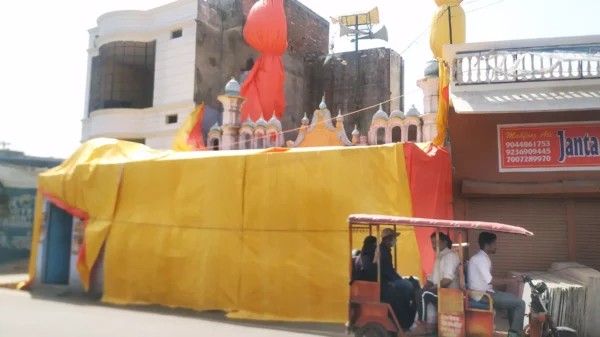The Rashtriya Swayamsevak Sangh (RSS) has announced an intensified campaign against “love jihad” and illegal “religious conversions” facilitated through enticements. This decision comes after multiple meetings led by RSS chief Mohan Bhagwat during his ongoing visit to Awadh Prant in Lucknow.
In an effort to bolster its “samajik sadbhav” (social harmony) agenda, which aligns with the Sangh’s larger mission of fostering Hindu unity, the RSS is set to involve women, Dalits, and Other Backward Classes (OBCs) as torchbearers for this cause.
Uttar Pradesh, for organizational purposes, has been divided into six parts by the RSS: Braj, Meerut (both in western UP), Kanpur-Bundelkhand, Awadh, Gorakhpur, and Kashi (Varanasi).
“Love jihad” is a term originally coined by the Sangh’s affiliate, Vishva Hindu Parishad (VHP), to describe instances where Hindu women are allegedly enticed by Muslim men, using fake identities, to enter into relationships and subsequently convert to Islam.
The RSS, according to an official statement, has committed to accelerating its campaign aimed at engaging ideologically aligned youth, with this process set to gain momentum in the coming months. This decision holds significant importance due to two factors: the upcoming 2024 Lok Sabha elections and the centenary celebrations of the RSS in September 2025.
To achieve this goal, special training camps and workshops have been organized to familiarize young individuals with the RSS’s ideology and functioning.
An RSS leader stated, “It has been decided to step up the Sangh’s outreach campaign in rural areas, besides pressing the accelerator on anti-national activities, love jihad, and religious conversion through enticements.”
Both “Matantaran” (religious conversion through enticements) and “love jihad” have been long-standing issues on the Sangh’s agenda, gaining further impetus since 2017 when the Bharatiya Janata Party (BJP) established a “double engine” government at the center and in Uttar Pradesh.
It is crucial to note that RSS leaders have clarified that their campaign is not targeted against Muslims as a whole, but rather against what they refer to as “misguided youths.”
The RSS has also initiated the Muslim Rashtriya Manch (MRM), an outreach initiative aimed at connecting with “nationalist Muslims,” and this process is set to continue, according to RSS leaders.
Marginalized but numerically dominant and politically significant communities, such as OBCs and Dalits, have been a central focus for the RSS. These groups have played a pivotal role in the BJP’s success in Uttar Pradesh since 2014, when the party moved away from its image of primarily representing upper castes and traders.
This transformative shift within the Sangh is indicative of its broader vision for Hindu unity and the grooming of cadres with a “nationalistic intent.”






